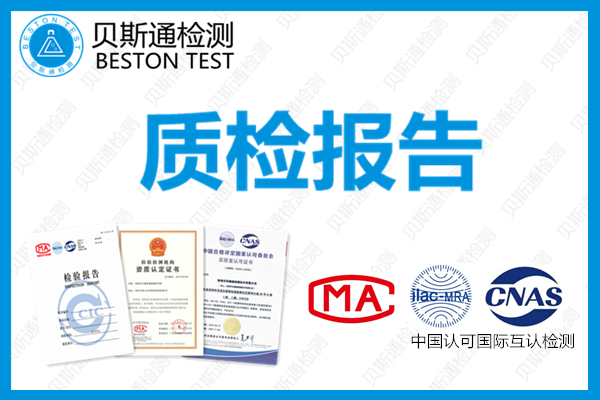CB认证的标准是由国际电工委员会(IEC)制定的,包括了安全性、环境性、可靠性和工艺性的标准。
安全性标准是对产品安全性的主要要求,主要包括电压、电流、功率、温度、材料、散热、绝缘和接地等方面的要求。
环境性标准是对产品在使用环境中的要求,主要包括温度、湿度、噪声、振动、电磁干扰、化学物质等方面的要求。
可靠性标准是对产品使用寿命的要求,主要包括产品的设计寿命、结构寿命和性能寿命等方面的要求。
工艺性标准是对产品的制造工艺的要求,主要包括材料、焊接、组装、测试等方面的要求。
根据产品的不同特性,还可以有一些特定的标准,如照明产品的光学性能标准、信号设备的电气特性标准、仪器仪表的精密度标准等。
CB认证是一个强制性的认证,产品必须符合国际标准,才能获得认证。认证是通过严格的检测和审核程序来确认产品符合标准的要求。
产品通过CB认证后,可以在全球范围内销售,并可以使用CB标志。
CB认证具有良好的国际声誉,可以提高产品在市场上的竞争力,拓展市场,促进销售。
CB certification standards are developed by the International Electrotechnical Commission (IEC), including safety, environmental, reliability and process standards.
Safety standards are the main requirements for product safety, including voltage, current, power, temperature, material, heat dissipation, insulation and grounding requirements.
Environmental standards are requirements for products in the use environment, including temperature, humidity, noise, vibration, electromagnetic interference, chemical substances, etc.
Reliability standards are requirements for the service life of products, including design life, structural life and performance life of products.
Process standards are requirements for the manufacturing process of products, including material, welding, assembly, testing, etc.
For products with different characteristics, there may be some specific standards, such as optical performance standards for lighting products, electrical performance standards for signal equipment, and precision standards for instruments and instruments.
CB certification is a mandatory certification. Products must meet international standards to be certified. Certification is a confirmation of product compliance with standards through a rigorous testing and review process.
After the product passes the CB certification, it can be sold globally and the CB logo can be used.
CB certification has good international reputation, which can improve the competitiveness of products in the market, expand the market and promote sales.




